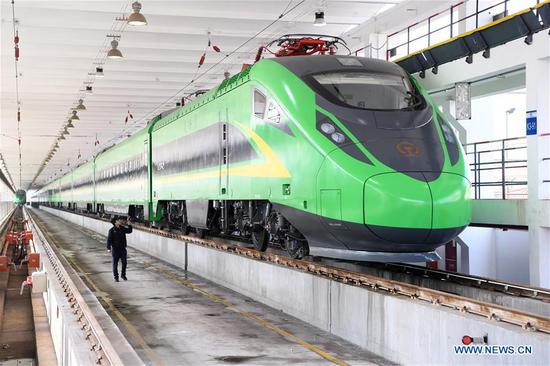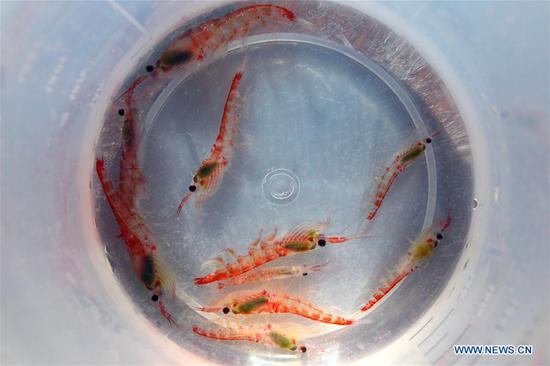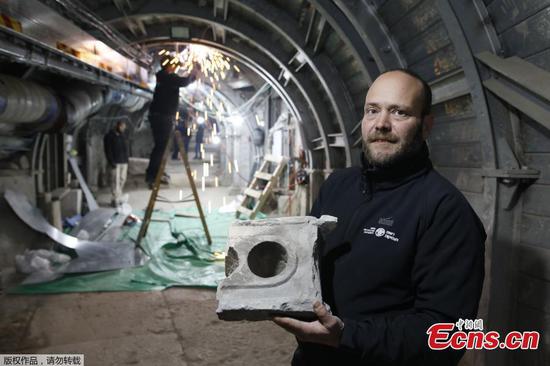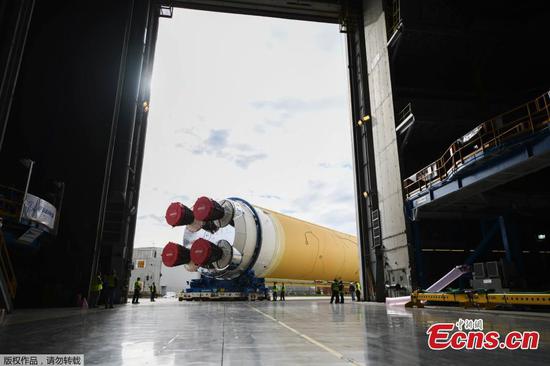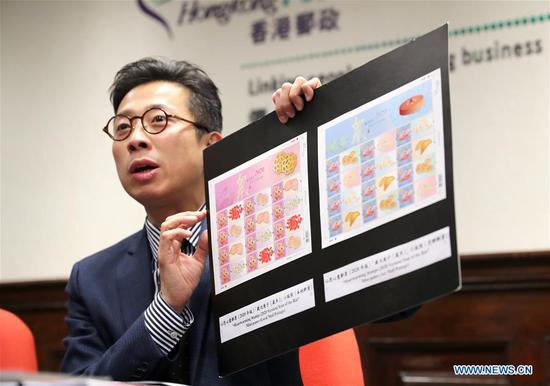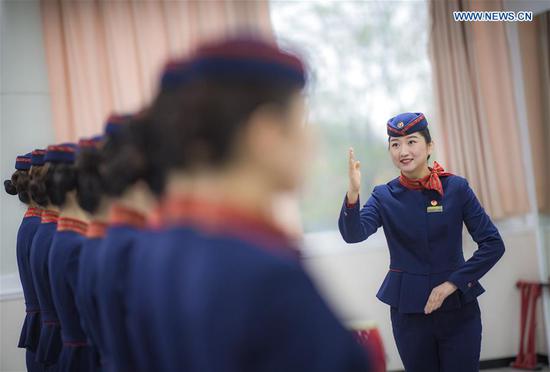Fund managers optimistic on increased participation by international investors
China's A-share market is expected to generate higher-than-expected profits and see increased participation from foreign investors this year, as economic growth stabilizes in the country through further restructuring, experts said on Wednesday.
The world's largest mutual funds provider Vanguard expects returns from the A-share market to be between 7.5 percent and 9.5 percent in the next decade, outshining all the other markets in the world.
Wang Qian, chief economist for Vanguard Asia-Pacific, said that China's economic development will be more stable in the next few years as the problem of overcapacity has been properly addressed and more supportive macroeconomic policies are in place.
Lynda Zhou, chief investment officer in China for equities at Fidelity International, said the fund manager had an optimistic outlook on this year's A-share market performance.
Over the past few years, China has been through economic restructuring featured by deleveraging and cutting overcapacity. As a result, the country's annual GDP growth rate has been adjusted from the past double-digit figures to the current 5 percent to 6 percent. Such changes have exerted some negative impact on the stock market, she said.
"But as the more moderate GDP growth has become a new normal, the negative impact incurred by macroeconomic ups and downs on the A-share market will gradually subside in the next five to 10 years. A more stable A-share market will be conducive to higher-than-expected profits," she said.
Fidelity estimates that foreign capital in excess of 300 billion yuan ($43 billion) flowed into the A-share market in 2019, accounting for nearly 7 percent of the total market value of the A-share market. That number is equal to the positions held by mutual funds last year.
The number of breakthroughs and reforms in the Chinese capital market last year, including the launch of the technology-focused STAR market in Shanghai, the introduction of registration-based initial public offering mechanism, and the revised securities law announced at the end of last year, will enable a mature, sustained development of the A-share market, said Zhou. Foreign capital will continue to flow, helping to adjust the valuation system of the A-share market, she said.
Cheng Hao, a fund manager at Fidelity China, said that apart from rate bonds, overseas investors have started to invest in debentures. Compared to the coupon in other markets, the rate bonds and debentures will continue to be attractive to foreign investors.
Ethan Wang, head of investment strategy for wealth management at Standard Chartered China, said that there will be more fiscal stimulus than favorable currency policies in China in the next few years. The fiscal incentives will be translated into investment opportunities. High-end manufacturing, technology and consumption will be the sectors that will see the most supportive policies, as China's economic development is being increasingly driven by domestic demand.
Therefore, the A-share market will be the main investment target for Standard Chartered in its Asia strategy for the next six to 12 months, said Wang.



















